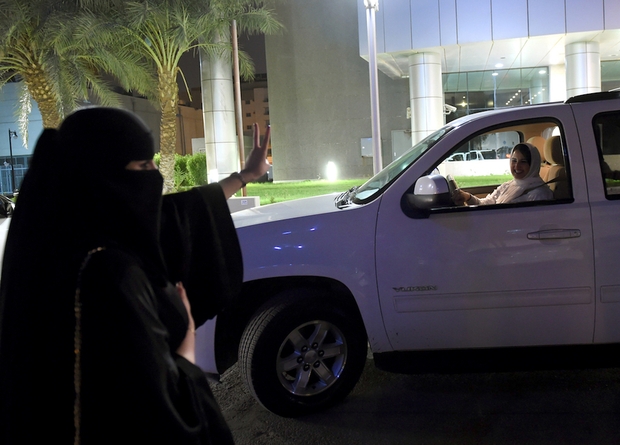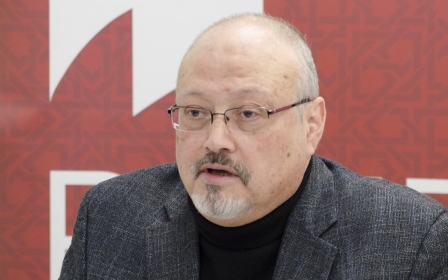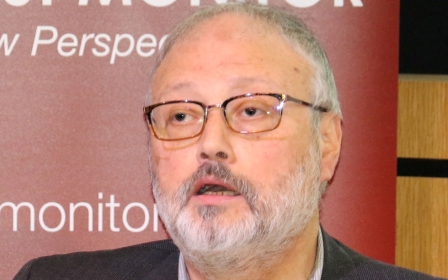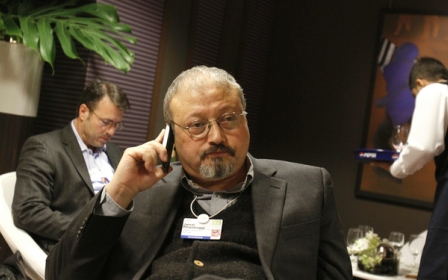Saudi religious police meet with US officials

For the first time, a United States delegation has met with Saudi Arabia’s religious police, the US said on Thursday.
The US Commission on International Religious Freedom met with Saudi's Commission for the Promotion of Virtue and Prevention of Vice, commonly known as the religious police, about the decision to allow women to drive and open some public spaces to women.
"I am encouraged by the opening that is being seen in the capital of Riyadh. I saw women driving, some guardianship rules being rolled back, and women and men increasingly mixing in public venues, including at a Cirque du Soleil concert in Riyadh," said commissioner Nadine Maenza.
"The question we continue to assess is whether this opening is extending to other parts of the country and the degree to which these reforms are impacting freedom of religion or belief in a country that still - for instance - officially bans public worship unless it is the state-sanctioned practice of Islam," Maenza said.
Crown Prince Mohammed bin Salman, who has vowed to return the country to "moderate Islam," has cut back the political role of hardline clerics in a historic reordering of the Saudi state.
Saudi Arabia is implementing a far-reaching liberalisation drive that has upended years of conservative tradition, launching a series of reforms, including gradually diminishing religious police powers to arrest citizens and allowing women to drive.
Still, the crown prince has also pursued an aggressive crackdown on activists, royal family members and critics of the government, jailing a number of the leading voices for women's rights who first championed the right to drive.
Under his watch, scores of people have been imprisoned, tortured and stripped of their assets, while executions have increased, according to Human Rights Watch.
New MEE newsletter: Jerusalem Dispatch
Sign up to get the latest insights and analysis on Israel-Palestine, alongside Turkey Unpacked and other MEE newsletters
Middle East Eye delivers independent and unrivalled coverage and analysis of the Middle East, North Africa and beyond. To learn more about republishing this content and the associated fees, please fill out this form. More about MEE can be found here.




